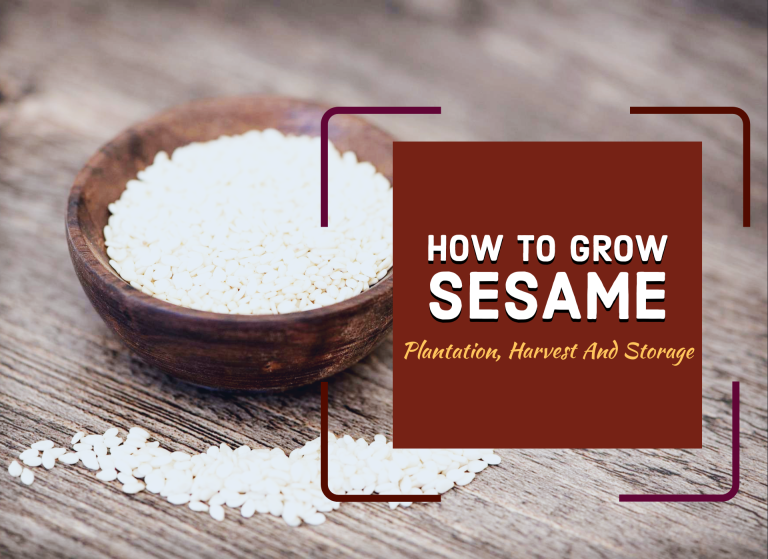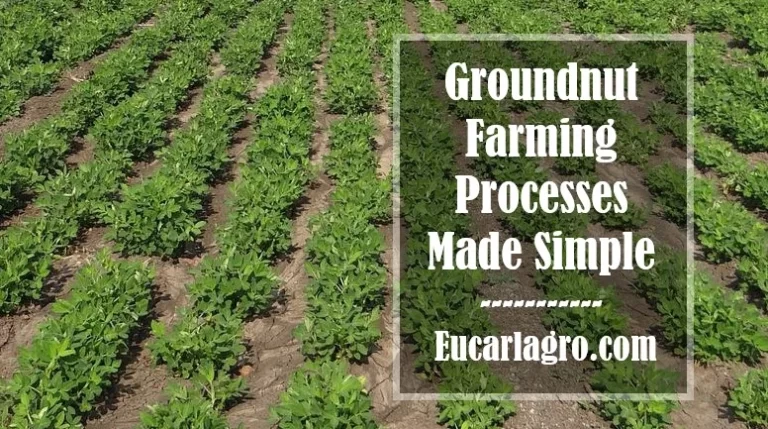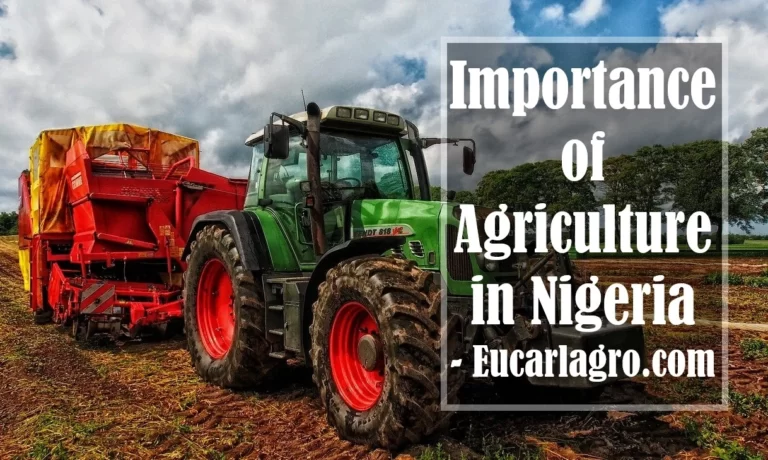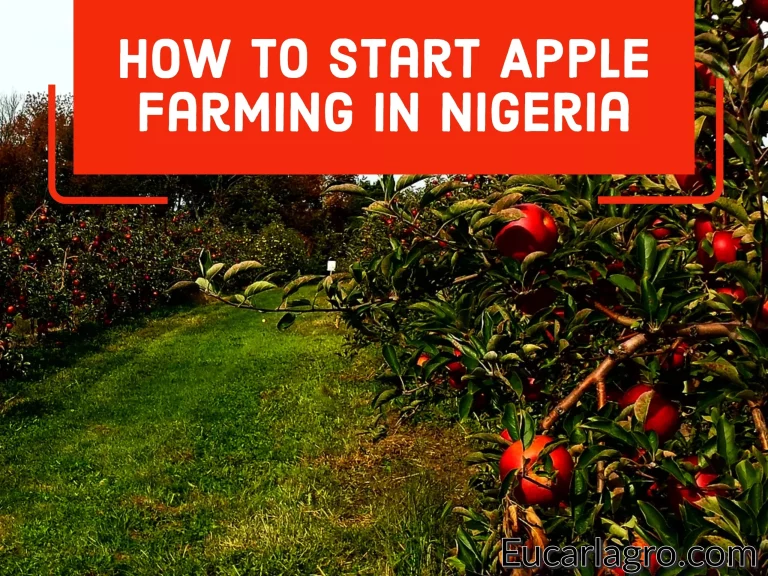Poultry Farming And Catfish Farming: Which is Profitable?
Are you in a fix? Interested in livestock farming but at the same time confused about which of the farm animal to grow to make more profits? You are asking yourself ” Poultry farming and Catfish Farming which is profitable?”
You heard from a friend that His chickens lay many crates of eggs daily while you heard from another of your trusted friends that Her Catfish farm multiplies in hundreds and is being supplied to classy restaurants, and now you are in a dilemma of which to invest in.
I understand, several other livestock farmers and I have been on this bridge before, we crossed it and I believe that you will too. All you need is the right information before you can take this bold move.
This article is aimed at providing you with every necessary information to answer the question of “Poultry farming and Catfish farming: Which is profitable?” and also provide you with proven facts to help you choose which of them to venture into.
Poultry Farming And Catfish Farming: Which Is Profitable?
What is Poultry farming?
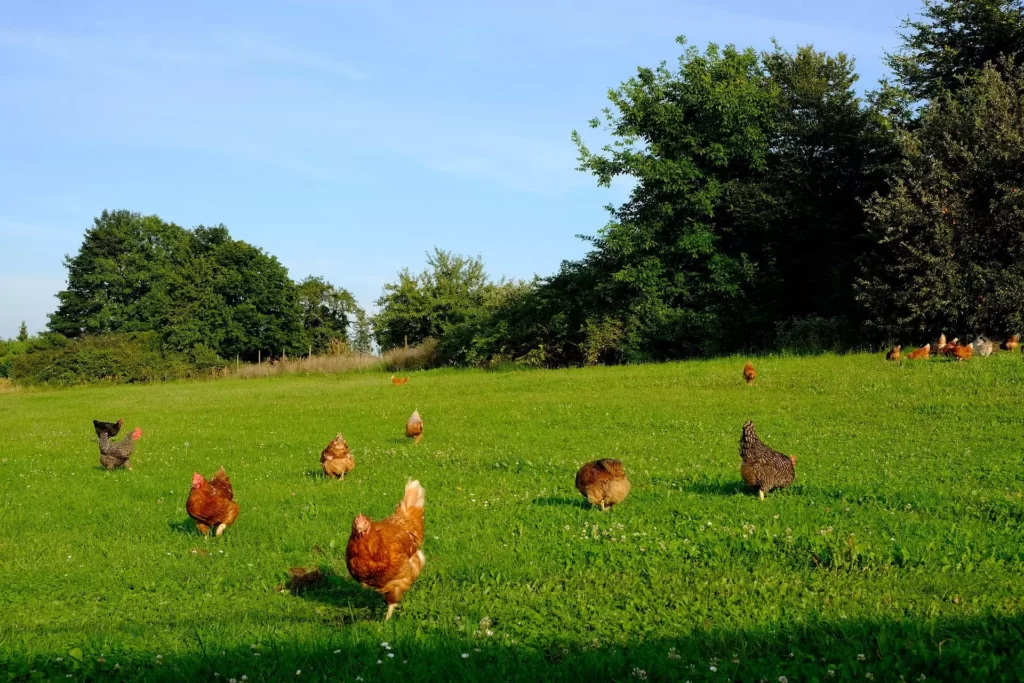
Poultry farming is growing birds for egg production and meat consumption. Birds like chickens, turkeys, ducks, etc. are all poultry. Chickens are the chief purchased poultry, they are the desire of every meat-loving mouth. Layers, hybrids, and broilers are the most common chicken reared for commercial purposes. Layers are reared for their egg production from the 17th week they start laying eggs.
The broilers are grown for their meat and then we have hybrids. Hybrids are cross breeds mainly kept for egg production but they produce good meat too and are also very easy to maintain. An average broiler in Nigeria is sold for N4000 although it varies in location and season. Sounds attractive.
What is Catfish farming?
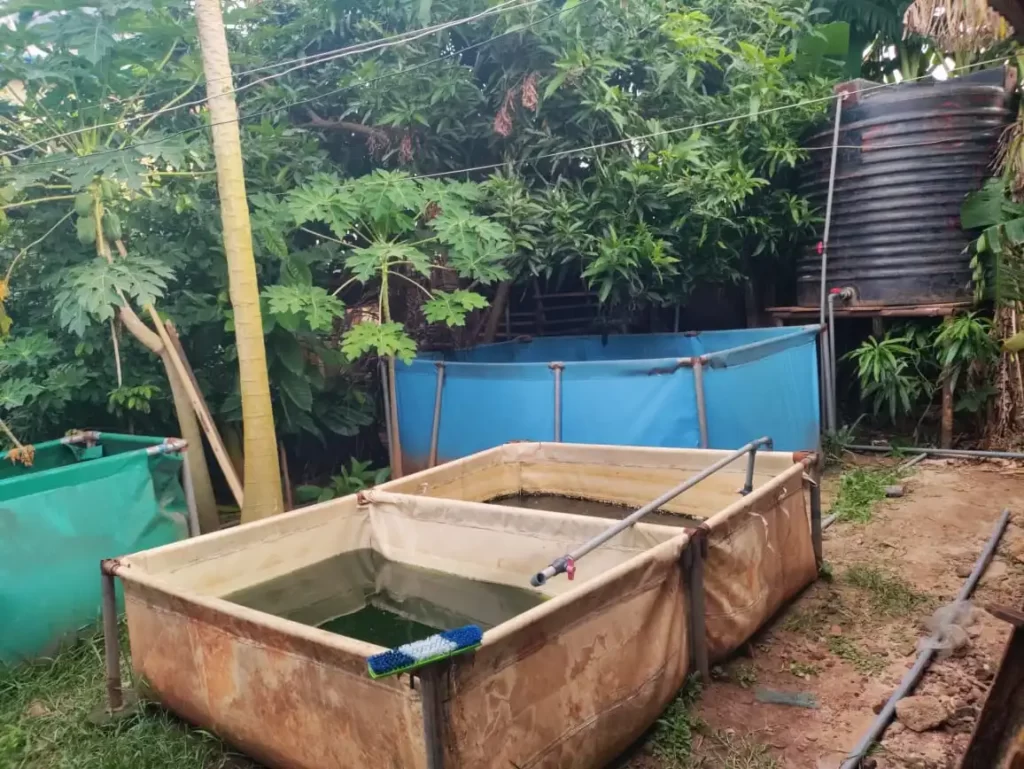
As the name implies, Catfish farming is the rearing of fish, in this case, catfish for commercial purposes in ponds. Catfish farming is proven to be a lucrative venture for everyone who has invested in it. Catfish is tasty, highly productive, and easy to maintain. Even their by-products are income-generating
Which is Profitable?
The only way to know between Poultry farming and Catfish: which is profitable, is by analyzing the factors in livestock farming.
Factors To Be Considered Before Starting Poultry Farming And Catfish Farming
Now that we are informed of the definitions of Poultry farming and Catfish farming, let’s forge ahead to know where these factors that will help you answer the question “Poultry Farming And Catfish Farming: Which Is Profitable?”
1. Location
The first factor we are going to be considering is Location. Do you know that “the where” can affect the success of your business?
Poultry farming especially when done on a large scale is best situated in the suburbs of the cities (that is, far from the cities) but also accessible to the market. The poultry farm’s location is as important as the product because of the target market and other factors like comfortability.
Catfish farming on the other hand can be done anywhere, even in the backyard and even indoors if done on a small or medium scale. For an individual who wants to farm livestock close to where people live, where restaurants and bars are sited, Catfish farming is good. Even at water-logged places, catfish are farmed.
In regards to this factor of location if you ask me about Poultry farming and catfish farming: which is profitable? I will say Catfish farming
2. Cost
Cost is another factor to be considered when answering the question of “Poultry farming and catfish farming: which is profitable?” Cost is the amount used to start up, operate and manage the farm.

Both Poultry and Catfish farming needs money to startup, be operated, and maintained. But the only difference is how much is the cost.
For your business idea to move from a mere idea to a business venture you need capital. There are two classifications of livestock cost, they are :
a. Startup Cost
No business can start without capital, You will need capital to buy things you will need to run your business.
The startup cost is the amount you will need to begin farming. It is a rough estimate of the amount you will need to start a farming business.
This startup cost encompasses some internal costs for assets e.g
Land
Equipment
Birds, Catfish, etc.
For Poultry Farming the startup cost is quite expensive because of the many pieces of equipment to be bought. Before delving into poultry farming you need to weigh your pocket. You can farm according to your financial strength and on a medium and small scale.
For example, I Have two family friends, one is into poultry farming and another is into catfish farming, although both of their farms are in Benue State, Nigeria.
The poultry farmer said that she established the poultry in 2020 during the covid-19 lockdown, and that pandemic was a blessing in disguise.
Her startup was not easy, she started with 800 (350 broilers and 450 layers) chicks on a 200 by 200 plot of land, bought about 30 pieces of equipment including feeding throughs and the rest, and she said that she spent almost N350,000 on the housing. Her total startup cost was N3.8million (Note: with exception of operating cost).
While my other family friend who farms catfish started farming coincidentally during that same lockdown period. He started with 1000 fingerlings. The remark I got from him on his startup was relieving when compared to that of poultry. His ponds are of two types; concrete and plastic. And the land of his start-up was in his house ( 100: 100 plots of land).
The total startup cost was N2 million, if the land, equipment, and pond cost are all included.
b. Operating Cost
For a car to move it needs fuel to work, so it is also with farming. Beyond the startup cost, there will be some daily investments that will help the business to be a success in the end.
Most of the time, people don’t choose a type of farming mainly on the startup cost but rather on the operating cost. The questions on the mind of people interested in going into poultry farming or catfish farming are; would I be able to provide for their daily needs? and will it be profitable?
Earlier today, I went to visit a poultry farmer who at this time last year had over 250 birds, but to my utmost surprise is now out of business. She said and I quote “let me rest, the poultry feeding is too costly, do you know that N500,000 doesn’t serve them for their feeding for 3 months and vaccination, now one bag of feed is N9000”.
The startup cost is not surprisingly the issue, the issue is the operating cost. To run a poultry farm as today is only for the brave. In poultry farming, the operating cost encompasses feed, sanitation dispensaries, vaccination, power, fuel, and water cost.
Poultry birds normally start paying their food bills (laying eggs) from 24-25 weeks. But from day one they are all dependent on the farmer and the farmer doesn’t gain anything.
For Catfish farming, the operating cost encircles feeds, fuel, vaccination, and power supply cost. A fish farm is expected to have at least a well or a borehole but if they are absent, buying water is another operating cost to be considered. With N150,000 you can successfully operate a fish farm throughout a farming season. (Note: they eat lesser than poultry and they are not too food-specific)
Now, on the aspect of the cost (startup and operating), if you ask me about Poultry Farming and Catfish Farming: which is Profitable? I will say go for Catfish farming.
3. Profit
Profit is another factor to be considered when answering the question” Poultry Farming and Catfish farming: which is profitable?”
Profit is the gain made from a business. Profit is the difference between the selling price and production cost. The beauty of every business is to use the money for more money.

Poultry farming has a fast profit time. Within 25 weeks layers start laying eggs, and this continues till 50 weeks and then they are sold as old layers.
The eggs and meat are the main sources of profit, poultry droppings and even carcasses of dead poultry are also side sources of profit.
For Catfish farming, the main profit comes when they are mature. Catfish is mature for sales from 4-5 months. The only way to make a profit before the catfish are mature is by sales of fingerlings and hiring equipment.
Judging from this factor of profit, the one that will give you profit in short term, go for poultry. But if you are a patient person catfish farming will pay off very well in the long run.
4. Management
Management is the act of keeping and overseeing the activities of a business. This is another important factor in answering the question; Poultry Farming And Catfish Farming: Which Is Profitable?
This is a factor that must be considered before venturing into any of the two.
The questions to be answered here are: How many workers should I employ? What are the activities in this farming? Can I pay salaries? Will this farming need many workers?
Poultry farming needs a lot of management to be successful from day one to the day you sell them. Poultry birds like chickens eat three times a day, eat a lot of food and water, need to de-beak once in a while, excrete more, are likely to attack each other when hungry, and are likely to be stolen if not monitored properly because of their economic value. To run poultry of 800 birds properly, you need at least 10 staff.
Catfish farming on the other hand is easier to manage. The mature catfish eat once a day while the fingerlings eat twice for their growth. Catfish have economic value but are not easy to be stolen if sited properly. The feeds can be served once or through an automatic fish feeder.
The only management activity that is paramount is to drain and fill the pond water, sort of sizes, sort broodstocks, and feed them. No de-beaking, and you only need water once a day.
A catfish farm of 1000 catfish can be managed by 3 people successfully.
So if you ask me “Poultry farming and Catfish farming: which is profitable?” I will say Catfish farming.
5. Marketability
Marketability is the degree of demand for a particular product. In this factor, we consider the markets the products of the farming are needed and used more. It can be used to answer the question; Poultry Farming And Catfish Farming: Which Is Profitable?
Poultry is highly demanded in Nigeria. Restaurants, Bars, weddings, burials, ceremonies, and workshops use chickens in making the dishes they sell. Their major markets are restaurants and bars. Some restaurants in Nigeria buy more than 150 chickens daily. While some bakeries buy more than 50 crates weekly.
Catfish farming on another hand is also highly demanded but not as compared to poultry farming. A catfish farmer can supply 30 fresh catfish to 30 bars in a day. And 200 packets of packaged processed fish can be supplied daily
Although how lucrative catfish farming is, the demand for it is still increasing due to the value Nigerian places on Chicken. But due to the inflation of chicken prices in the market people are now patronizing catfish. In the aspect of marketability, if you ask me “Poultry farming and Catfish farming: which is profitable?” You should go for Poultry Farming, but remember that poultry might go out of the market soon.

6. Risk-taking
There is no business without the tendency of incurring a loss.
Poultry farming is strictly for risk-takers. Those that can weep and keep running. The risks in Poultry farming are high mortality from Disease outbreaks, an increase in feed prices, Bad breed purchases (breeds that don’t grow), late dropping, too much supply in the market with fewer buyers, and theft.
Catfish farming is less risk-taking. The main risks in catfish farming are: buying poor breeds, flooding, disease outbreak, and poaching.
Conclusion
Many people are interested in farming but they are confused about which to venture into. Poultry farming and Catfish farming: which is profitable? Through analyzing some factors like Location, Cost, Profit, management, marketability, and risk-taking it’s established that except for the marketability factor, Catfish farming is more profitable and in the coming years the demand for catfish will spike.
For more of our new posts, follow eucarlagro.com and also subscribe to our social media handles for notifications.

![How To Start Potato Farming in Nigeria ([year]) Start Potato Farming in Nigeria](https://eucarlagro.com/wp-content/uploads/2023/11/Start-Potato-Farming-in-Nigeria.webp)
